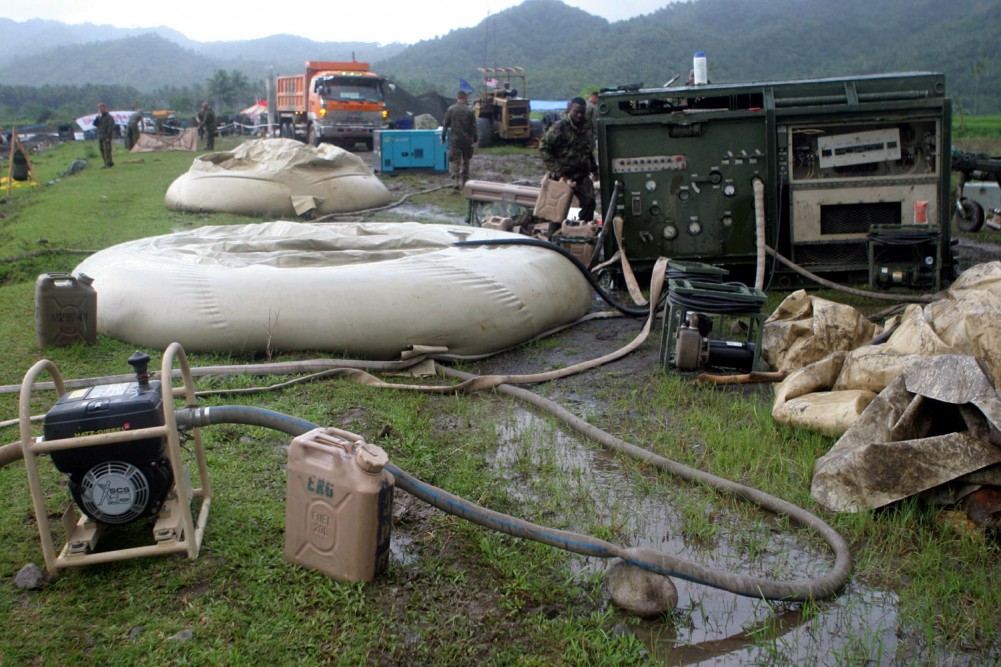According to a new research report “Clean Technology in Defense Industry – Emerging Trends and Outlook,” the global defense clean technology market budget will increase 7.5% between 2016-2021, giving credence to the idea of an accelerating clean energy revolution.
Underpinning the trend toward clean technology in the defense industry is a wave of mergers and acquisitions as well as new partnerships such as the new power engineering agreement between Cyclone Power Technologies, Inc. and Falck Schmidt Defense Systems. The agreement brings a 10 kW militarized auxiliary power unit (APU) to the US military for worldwide aerospace and power applications. Cyclone is known for its award-winning Cyclone Engine which provides an all-fuel, clean-tech engine to run waste energy electric generators, solar thermal systems, locomotives, and more.
The Future of the Global Defense Industry
In another development being duplicated around the world, the US defense community made up of defense contractors is seeking to take advantage of foreign export opportunities to help diversify their markets in case of future reductions in defense spending. The foray into clean tech is just one market defense contractors are looking at.
Finally, according to the IHS Jane’s 360 report, “The Future of the Global Defense/Security Industry,” “global security and defense industries are experiencing enduring and intersecting technological, competitive, and market transitions that will affect both immediate and distant opportunities and risks. The intersection of five particularly powerful forces will necessitate new ways of thinking about and planning for uncertain and complex futures.” These five forces are:
- new actors
- new technologies
- new rules
- new economic realities
- uncertainty, complexity, and vulnerability
In the following video, Stephan Henningsson from the World Wildlife Foundation (WWF) explains how the clean tech market is global.







